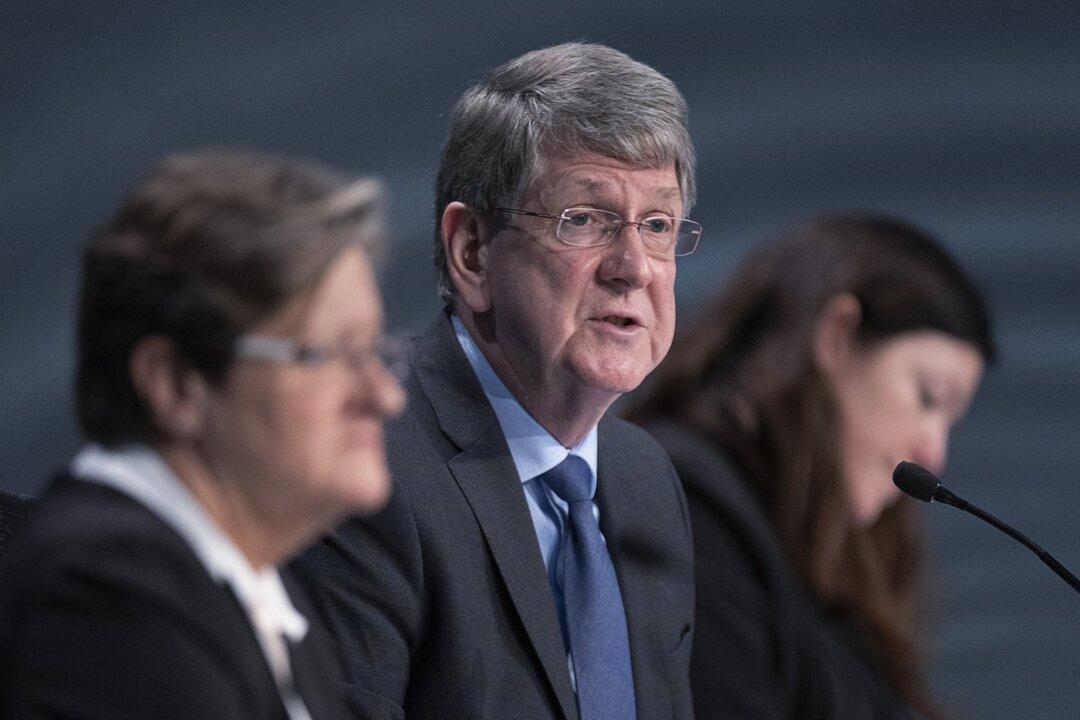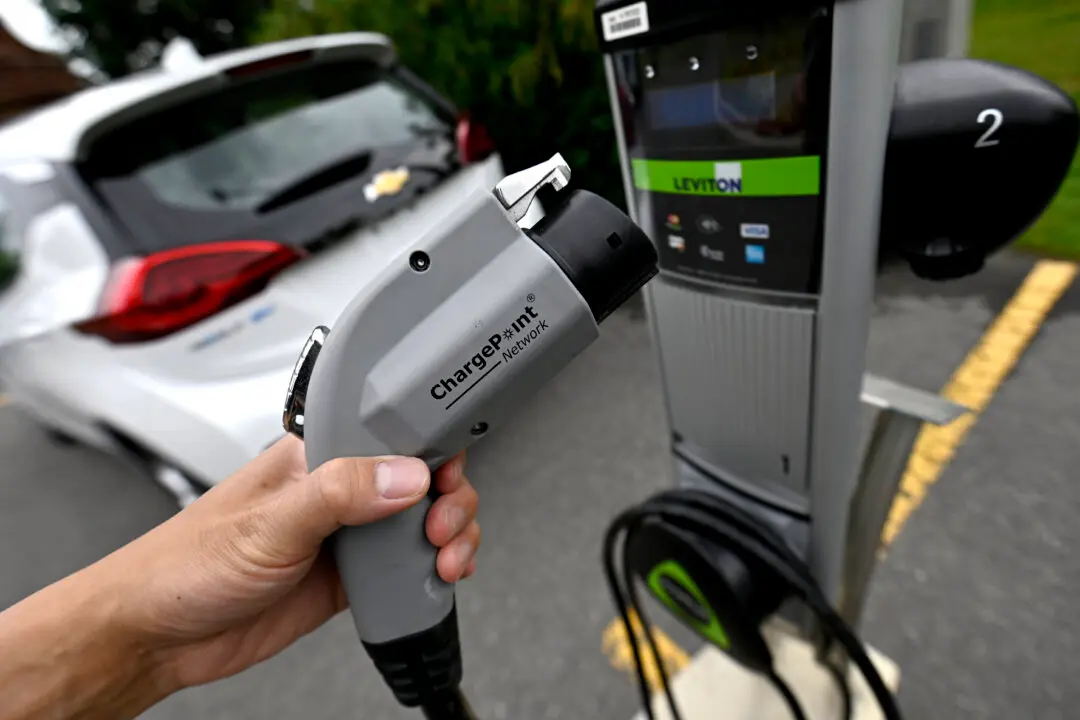The first three RCMP officers who responded to the 2020 Nova Scotia mass shooting testified Monday they were initially doubtful the killer was in a marked RCMP vehicle, even though a dispatcher relayed that information from two 911 calls.
Const. Stuart Beselt, the team leader the night of April 18, 2020, told the inquiry that as the three were driving at top speed to the scene of the initial shootings in rural Portapique, N.S., they had to keep an open mind about what they were being told.





